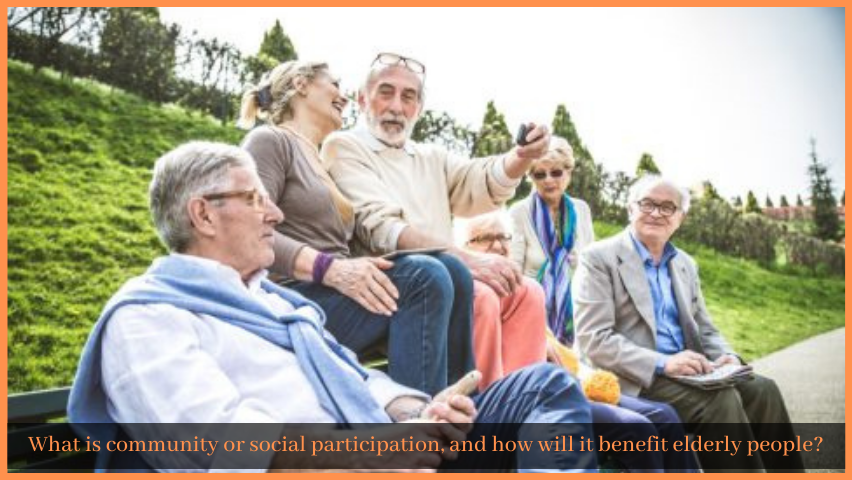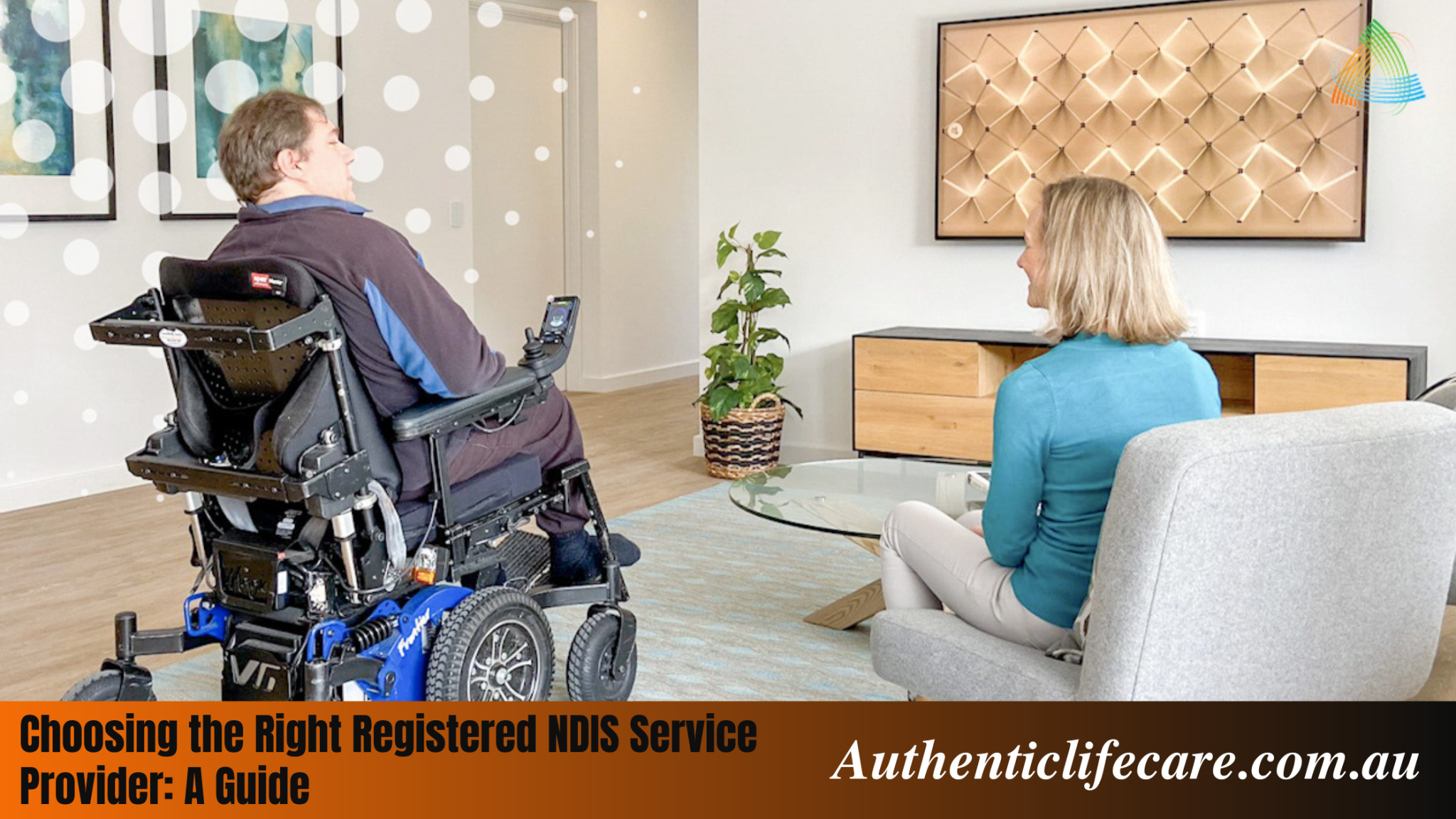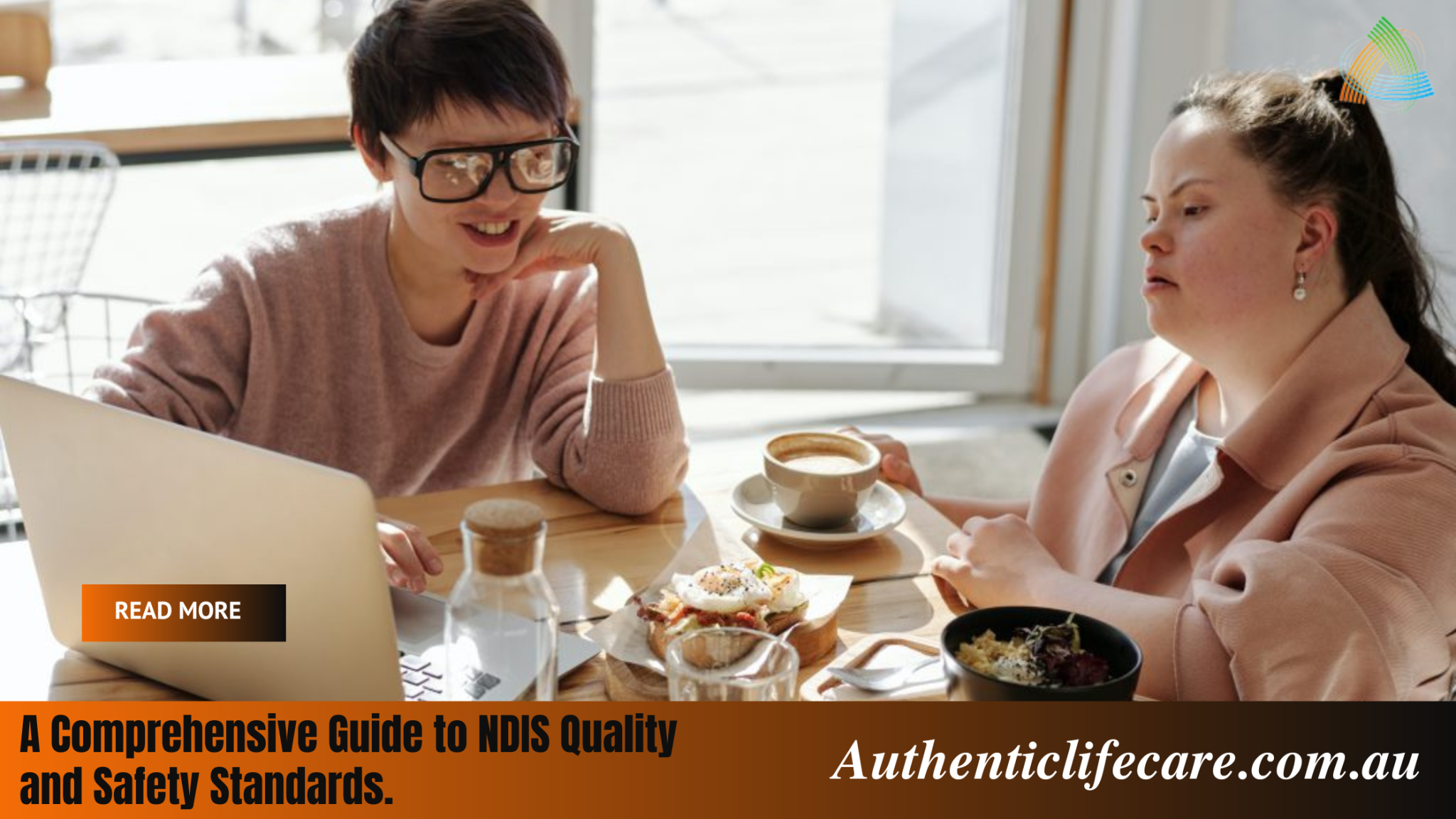The onset of some diseases and ailments as we age can force us to withdraw and isolate ourselves. Unfortunately, avoiding social connections can lead to melancholy and anxiety in the long run. According to research, roughly 10-15% of Australia’s ageing population suffers from depression, which is most commonly brought on by the death of a family member, a loved one, or a pet.
Fortunately, there are several tried-and-true methods for seniors to maintain a good mental state and, as a result, improve their quality of life. Community or social participation is one such technique.
Exactly what is social participation, and how does it benefit the elderly?
People are encouraged to join in projects that will improve their well-being, which is known as community or social participation. Participating in activities that allow one to engage with others, frequently individuals their age is important for the elderly.
Seniors must be encouraged to participate in social activities to meet their basic human needs for self-actualization and socialisation.
So, how does social participation benefit the health and well-being of seniors?
Depression and anxiety are well-known side effects of ageing, with loneliness and isolation being the most common causes. Joining numerous social involvement programmes, on the other hand, can have a favourable impact on one’s cognitive abilities, assisting the elderly in avoiding depression, dementia, and Alzheimer’s disease.
Several studies have found a strong link between participation in social activities and increased health and emotional well-being among the elderly. The following are some of the advantages that socially engaged older individuals to enjoy:
Overall better health:
The elderly’s physical and mental health is improved by participating in numerous social activities.
Seniors may, for example, participate in community initiatives that require them to move from one location to another and engage with others. As a result, their physical health improves and their mental health improves.
Improved cognitive performance:
Participating in social engagement programmes keeps elders cognitively active and their minds sharp. It also provides children with a sense of communal belonging and significance. This may lower the risk of depression and delay the onset of Alzheimer’s disease or dementia.
Longevity improvement:
Along with good health habits like exercise and eating a balanced diet, older individuals need a strong social network of family and friends to stay happy. According to the Proceedings of the National Academy of Sciences, those who are happier are more likely to live to be 85 years old.
These benefits motivate and inspire the elderly to be active in the community and keep their capacity to operate. Seniors’ social participation should be prioritised by caregivers and public health advocates to improve their mental and physical health.
Authentic Life Care encourages social participation.
It’s critical as you get older to experience a sense of belonging in a community and to connect with individuals your age. Authentic Life Care offers a variety of community engagement programmes for seniors, all of which are led by trained support staff to improve their mental and physical health. Get in touch with us right now to see how we can assist you.













